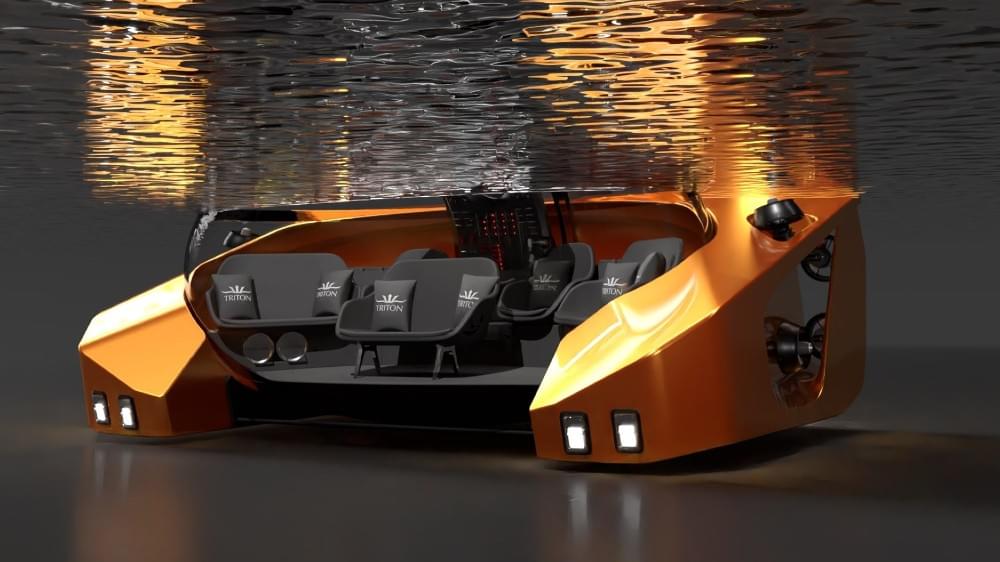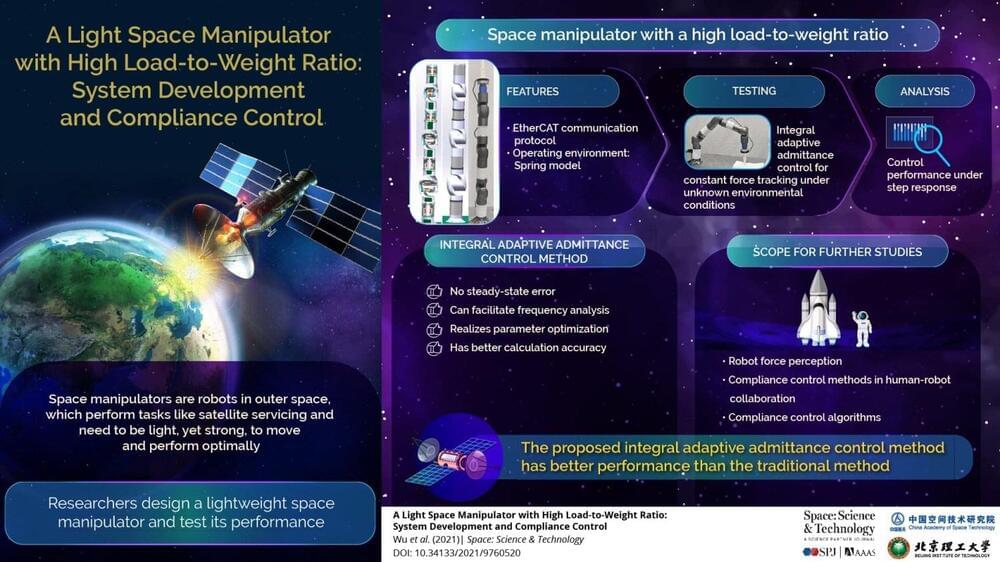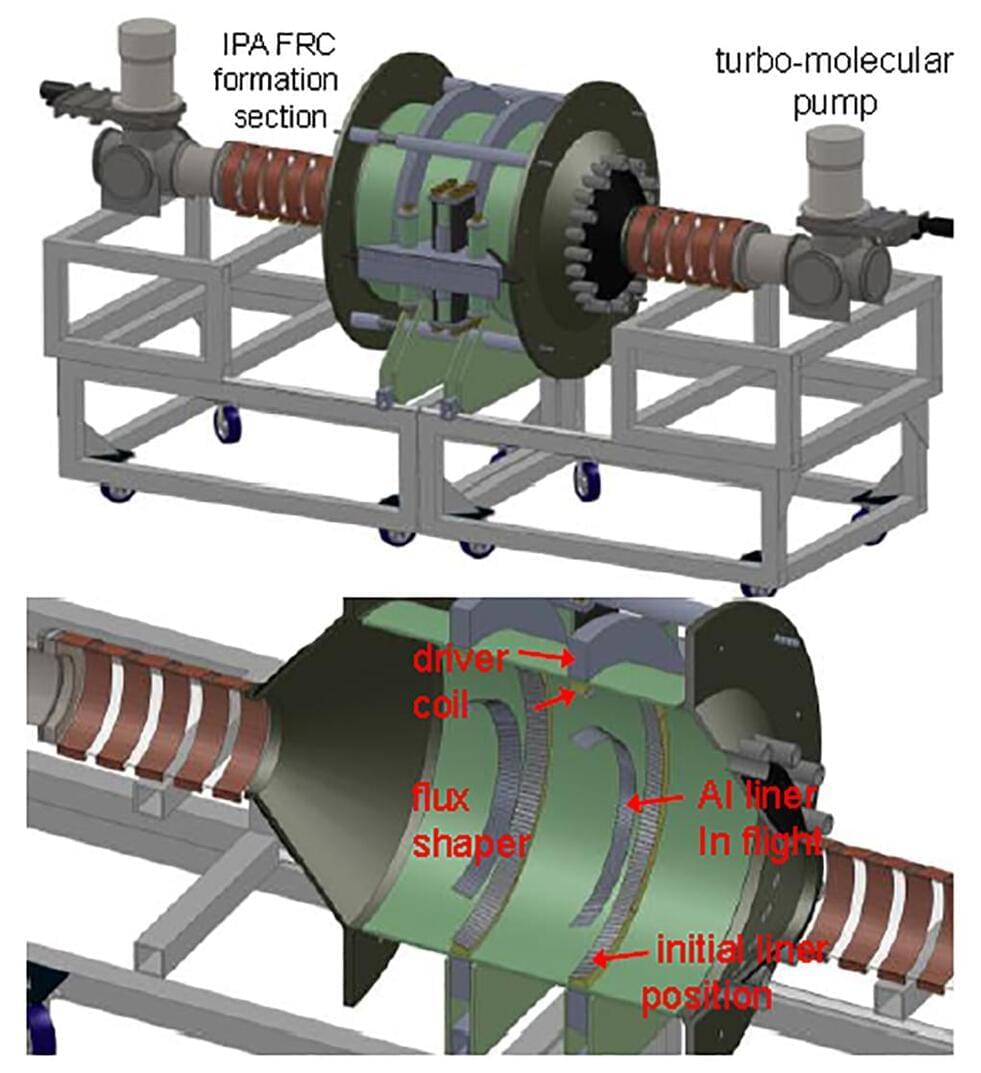The convertible seating on Triton’s 660/9 AVA lets up to eight passengers and a pilot enjoy exceptional views, all the way down to 660 feet.




Robots are already in space. From landers on the moon to rovers on Mars and more, robots are the perfect candidates for space exploration: they can bear extreme environments while consistently repeating the same tasks in exactly the same way without tiring. Like robots on Earth, they can accomplish both dangerous and mundane jobs, from space walks to polishing a spacecraft’s surface. With space missions increasing in number and expanding in scientific scope, requiring more equipment, there’s a need for a lightweight robotic arm that can manipulate in environments difficult for humans.

Robots are already in space. From landers on the moon to rovers on Mars and more, robots are the perfect candidates for space exploration: they can bear extreme environments while consistently repeating the same tasks in exactly the same way without tiring. Like robots on Earth, they can accomplish both dangerous and mundane jobs, from space walks to polishing a spacecraft’s surface. With space missions increasing in number and expanding in scientific scope, requiring more equipment, there’s a need for a lightweight robotic arm that can manipulate in environments difficult for humans.
However, the control schemes that can move such arms on Earth, where the planes of operation are flat, do not translate to space, where the environment is unpredictable and changeable. To address this issue, researchers in Harbin Institute of Technology’s School of Mechanical Engineering and Automation have developed a robotic arm weighing 9.23 kilograms—about the size of a one-year-old baby—capable of carrying almost a quarter of its own weight, with the ability to adjust its position and speed in real time based on its environment.
They published their results on Sept. 28 in Space: Science & Technology.


In a new paper published in Space: Science & Technology, a team of researchers have created a new lightweight robotic arm with precision controls.
As missions in space increase in scope and variety, so to will the tools necessary to accomplish them. Robots are already used throughout space, but robotic arms used on Earth do not translate well to space. A flat plane relative to the ground enables Earth-bound robotic arms to articulate freely in a three-dimensional coordinate grid with relatively simple programming. However, with constantly changing environments in space, a robotic arm would struggle to orient itself correctly.



Engineers at California Institute of Technology (Caltech) and the Nanyang Technological University (NTU) in Singapore teamed up to develop a chain mail-inspired fabric that transforms from a fluid malleable material into a solid protective material when under pressure, a press statement reveals.
The material could be used for a host of potentially lifechanging applications, including as smart fabric for exoskeletons, for a cast that becomes more or less rigid when needed to facilitate the healing of an injury, and as a deployable bridge that could be thrown over an obstacle and stiffened so that people can walk across with ease.